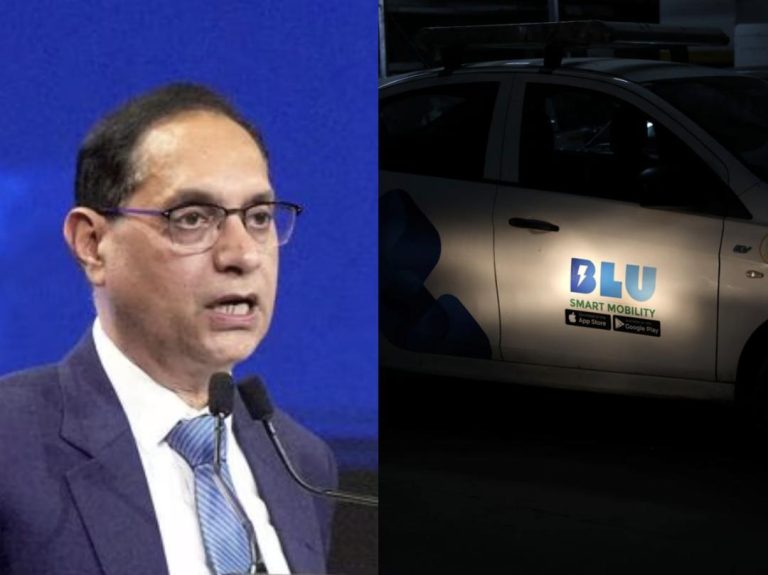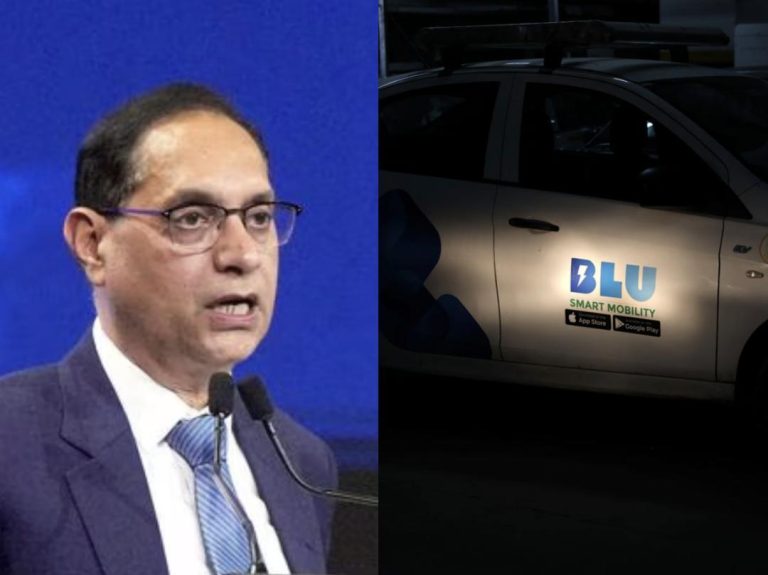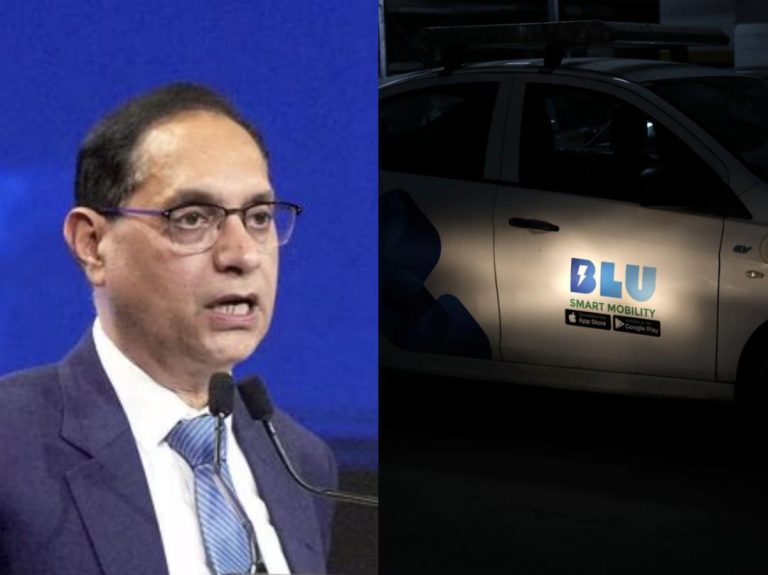
Indian Brands Go Global: Competing on Design & Quality
In recent years, Indian brands have made a significant shift from importing foreign products to exporting their own, backed by strong manufacturing capabilities and strategic marketing. This shift in perception has enabled Indian businesses to build brand equity abroad, establishing themselves as serious global contenders in industries ranging from consumer goods to technology. According to Dheeraj Sinha, CEO of FCB India, Indian brands are winning globally on the grounds of design, quality, and competitiveness.
In the past, India was often seen as a market for importing foreign brands, with many local businesses struggling to compete with international players. However, this narrative has undergone a significant transformation, as Indian brands have begun to focus on creating high-quality products that appeal to global consumers.
One of the key factors contributing to India’s success in the global market is its strong manufacturing capabilities. The country has a large pool of skilled workers, with a strong presence in industries such as textiles, pharmaceuticals, and automobiles. This has enabled Indian brands to produce high-quality products at competitive prices, making them attractive to consumers worldwide.
Another critical factor is design. Indian brands have recognized the importance of design in differentiating themselves from their global competitors. They have invested heavily in research and development, working with top designers and design studios to create products that are not only functional but also aesthetically pleasing. This focus on design has enabled Indian brands to create a unique identity that resonates with global consumers.
For instance, brands such as Hidesign and Fabindia have made a name for themselves globally by creating high-quality leather goods and home furnishings, respectively. These brands have achieved success by combining traditional craftsmanship with modern design principles, resulting in products that are both functional and beautiful.
In addition to design and manufacturing capabilities, Indian brands have also focused on building strong brand identities. They have invested in strategic marketing and branding initiatives, aimed at creating a global presence and establishing themselves as serious contenders in their respective industries.
For example, brands such as Café Coffee Day and Domino’s Pizza have expanded globally, using their strong brand identities to establish a presence in new markets. These brands have achieved success by focusing on customer experience, investing in marketing and branding initiatives, and creating a loyal customer base.
The success of Indian brands in the global market is not limited to specific industries or sectors. Brands such as Hindustan Unilever, Tata Consultancy Services, and Indian Oil have achieved success in various sectors, including consumer goods, technology, and energy.
The growth of Indian brands in the global market has also been driven by the country’s large and growing middle class. With increasing disposable income, Indian consumers are becoming more demanding, seeking high-quality products that meet international standards. This has created a significant opportunity for Indian brands to create products that cater to global tastes and preferences.
Furthermore, the Indian government has also played a crucial role in supporting the growth of Indian brands. The government has implemented various initiatives aimed at promoting exports, such as the Make in India campaign, which has provided a platform for Indian brands to showcase their products globally.
In conclusion, Indian brands have made significant strides in the global market, competing on the grounds of design, quality, and competitiveness. The country’s strong manufacturing capabilities, focus on design, and strategic marketing initiatives have enabled Indian brands to build brand equity abroad, establishing themselves as serious global contenders in various industries. As the Indian economy continues to grow, it is likely that Indian brands will play an increasingly important role in the global market, competing with the best of the world.





